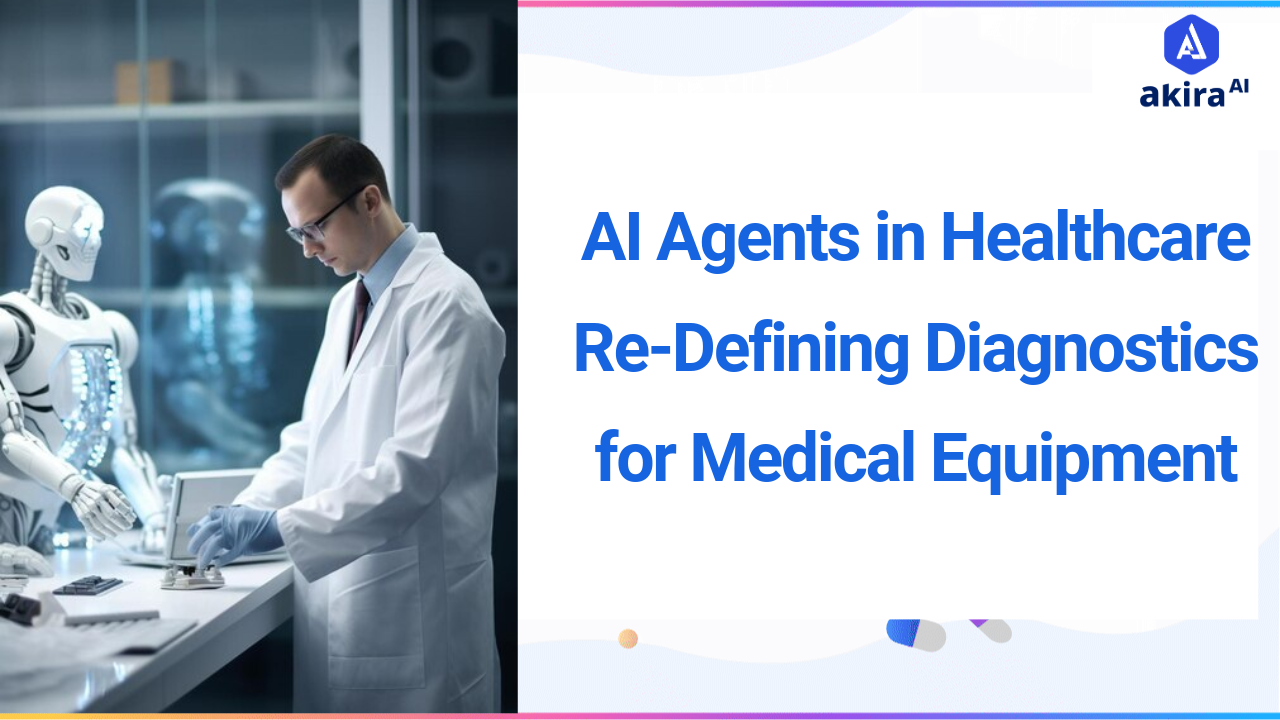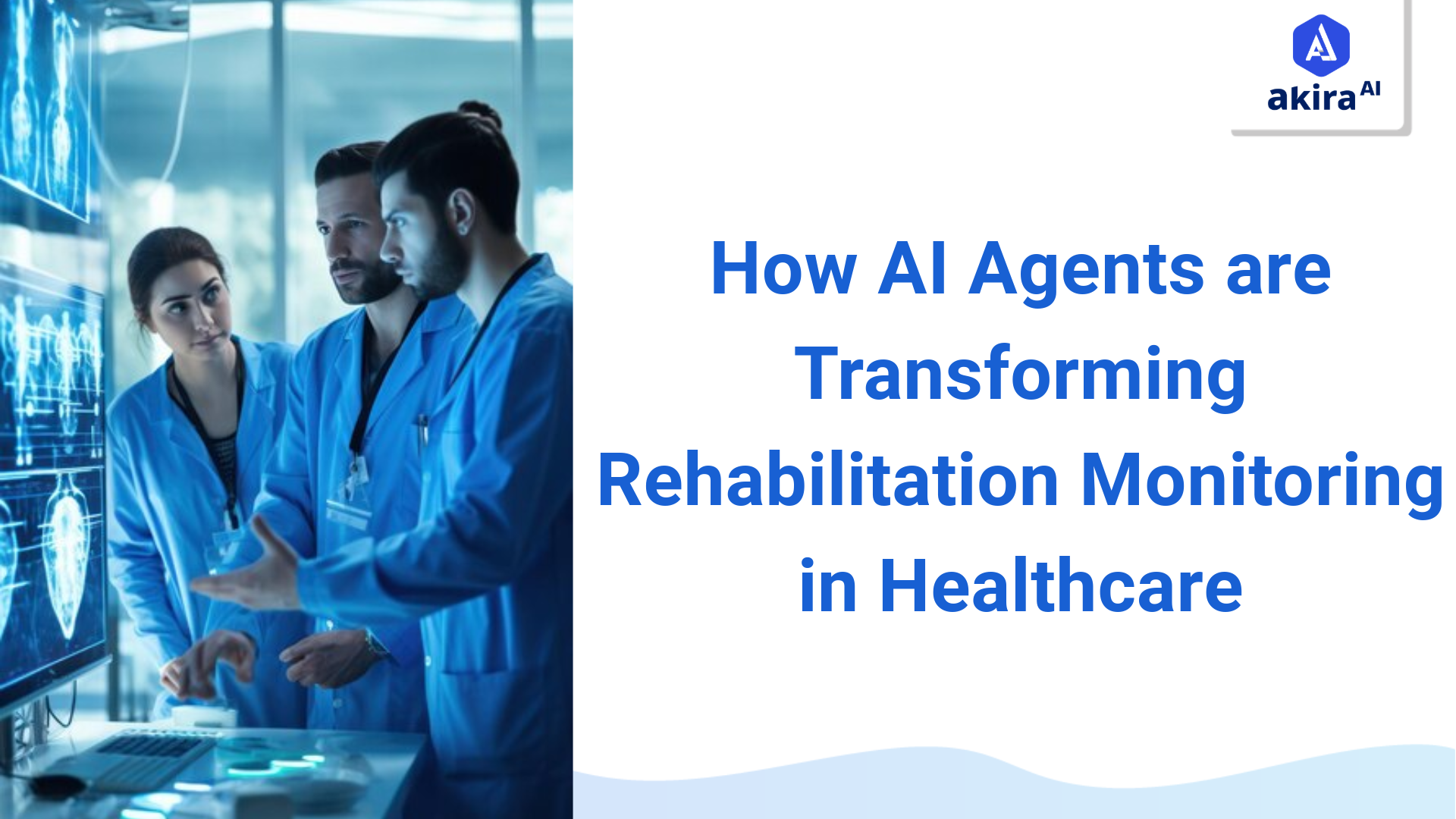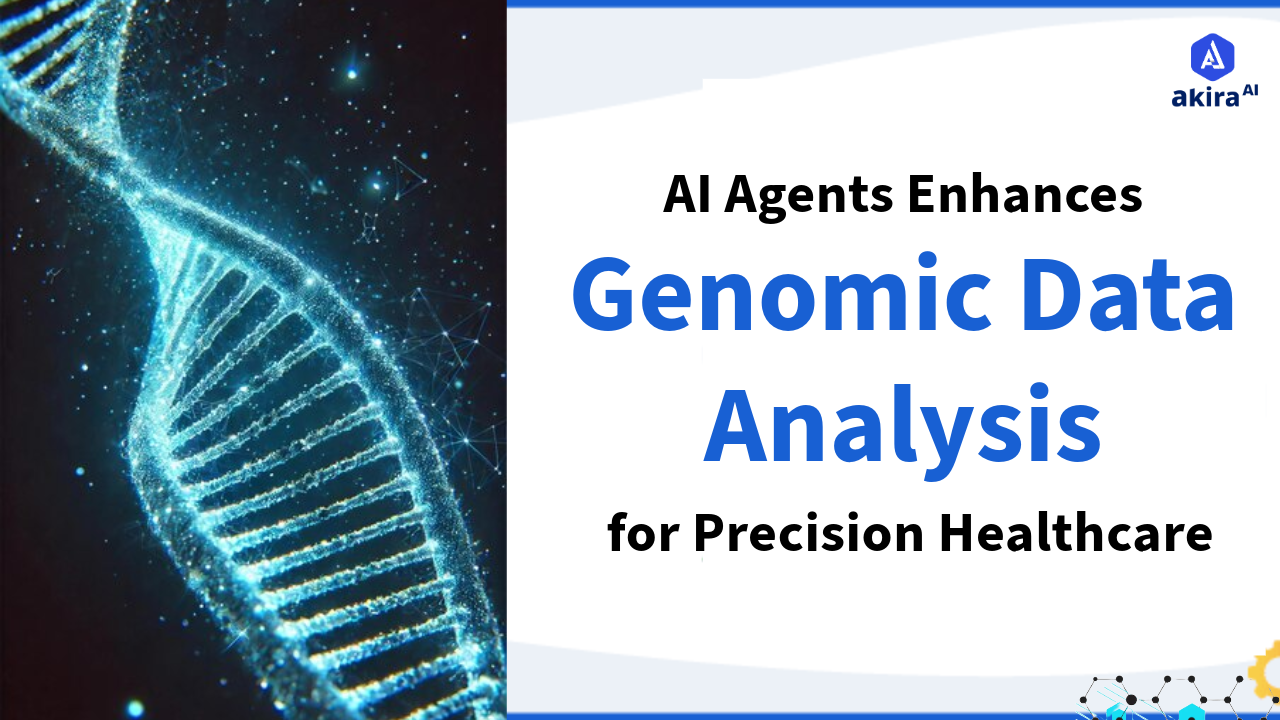Use cases of Drug Discovery and Development
-
Accelerating Drug Candidate Identification: AI agents analyze large datasets of chemical compounds, genomic sequences, and biological interactions to identify potential drug candidates. By predicting compound effectiveness and toxicity early, these agents significantly reduce the time required for initial discovery.
-
Personalized Drug Development: Optimization and personalization agents design drugs tailored to individual genetic and clinical profiles. This precision medicine approach enhances treatment efficacy and minimizes side effects, improving patient outcomes.
-
Clinical Trial Optimization: Agents evaluate clinical trial designs to identify the most effective patient cohorts, predict trial success rates, and monitor real-time data for mid-trial adjustments. This improves trial efficiency and ensures higher success rates.
-
Predicting Adverse Drug Reactions: Risk prediction agents use historical and real-time data to identify potential side effects or interactions of drug candidates. This enables pharmaceutical companies to mitigate risks early and improve drug safety profiles.
-
Virtual Screening for Drug Candidates: Behavioral and mechanism analysis agents perform virtual simulations to screen thousands of chemical compounds. This eliminates the need for exhaustive physical experiments and narrows down promising candidates for further testing.
-
Improving Rare Disease Research: AI agents analyze genomic and clinical data to develop treatments for rare diseases, where traditional methods face limited data and financial constraints.
The Operational Benefits of Drug Discovery and Development
The application of Agentic AI in the pharmaceutical industry is not limited to enhancing the drug discovery processes; it also brings about major operational advantages such as the following:
-
Accelerated Research and Development: Machine learning models rapidly process large datasets to identify promising drug candidates and predict how compounds will interact with biological systems. This reduces the time required for research, speeding up the journey from initial discovery to clinical trials. As a result, the overall drug development timeline is significantly shortened.
-
Enhanced Accuracy and Precision: Advanced algorithms model molecular structures and biological pathways, allowing for more accurate predictions of how drugs will behave in the body. This precision minimizes human error and helps select the most viable drug candidates. It ensures that only promising compounds proceed to the next stages of development.
-
Cost Efficiency: AI Agents reduce the financial burden of drug development by quickly identifying effective compounds and streamlining experimental processes. Predicting clinical outcomes and eliminating inefficient steps, lowers the risk of failed trials. This leads to a decrease in the cost of bringing new drugs to market.
-
Improved Risk Management: Predictive models assess potential risks such as adverse reactions, clinical trial failures, and ineffective treatments early in the process. By analyzing genetic data and chemical properties, the system identifies red flags before they become major issues. This proactive approach reduces the likelihood of costly late-stage failures.
-
Optimized Clinical Trials: AI aids in selecting the right patients and designing more effective trial protocols based on real-time data analysis. It monitors trial progress, adjusting protocols as necessary to improve accuracy and efficiency. This ensures that trials are completed more quickly and with better outcomes.
Technologies Transforming Agentic AI in Drug Discovery
Several trends in technology are likely to augment agentic AI in the context of drug discovery:
-
Machine Learning: Algorithms that enable machines to improve their predictions based on the provided data. Such algorithms are central to the processes of studying the activity of large volumes of biological and chemical information for drug discovery.
-
Natural Language Processing: Natural language processing enables machines to read and comprehend scientific papers, thus facilitating the search for potential drug targets, drug interactions, and how they work.
-
Quantum Computing: It is a new field of science that is reshaping drug research, by enabling AI to resolve intricate issues which has long been impossible with classical computing. Facilitates faster simulations and enhances the drug’s design.
-
Genomic Data Analysis: The growing capacity of AI to handle extensive genomic information is accelerating the development of medications that are based on the particular genes of the people they work with, which increases the effectiveness of precision medicine.
The Future Trends of Agentic AI in Drug Discovery
The integration of Agentic AI in drug discovery is revolutionizing the healthcare industry, with significant advancements expected in the coming years. Here are some key trends to watch for:
-
Hyper-Personalized Drug Development: The future of drug development will focus on creating personalized treatments tailored to individual patient profiles, incorporating genetic, molecular, and environmental data. This approach is expected to lead to more effective therapies, with fewer side effects and quicker approval timelines.
-
Integration with Genomics and Precision Medicine: Combining advanced analytics with genomic sequencing will allow researchers to identify more accurate drug targets. This integration will streamline the process of analyzing genetic variations and improving drug efficacy, accelerating the development of precision medicine.
-
Real-Time Drug Discovery and Optimization: Future systems will be able to analyze ongoing research and clinical trial data in real-time, optimizing drug formulations and treatment plans instantly. This will reduce development cycles and allow for rapid adjustments based on emerging findings.
-
Expanded Role in Clinical Trials: Advanced technologies will significantly enhance clinical trials by improving patient selection, trial design, and predicting outcomes. This will increase the success rate of trials while reducing recruitment time and improving overall efficiency.
-
Collaboration Between Technology and Researchers: Rather than replacing human researchers, these technologies will complement them by handling data processing and predictive modeling, allowing researchers to focus on strategy, decision-making, and creative problem-solving. This collaboration will speed up the innovation and drug development process.
Conclusion: AI Agents for Drug Discovery and Development
The integration of agentic AI in drug discovery and development marks a transformative shift in the pharmaceutical industry. By enhancing speed, precision, and cost-efficiency, these intelligent systems enable the discovery of more effective and personalized treatments. With the ability to analyze vast datasets, predict risks, and optimize clinical trials, AI-driven technologies are reshaping how drugs are developed and brought to market. As advancements in AI continue, the future of drug discovery looks promising, offering the potential for breakthrough therapies that will significantly improve patient outcomes and revolutionize healthcare worldwide.
Explore More Agentic AI Virtual Assistant





